Original article in norwegian: https://e24.no/teknologi/i/VzxbB4/utbetaler-daglig-loenn-i-bitcoin-hvorfor-faar-man-bare-loenn-en-gang-i-maaneden
Translated to english:
Pays daily wages in bitcoin: "Why do we only get paid once a month?"
The developers wanted to test a new salary model. Now employees can choose to receive wages daily—in bitcoin. "A tax risk," says a BI professor.
Salary models in Norwegian companies are relatively standardized today.
You do your job, and you get your salary deposited into your account once a month.
Now, the developers at the IT consulting company Snøkam are testing a new model they believe is fairer for employees.
“Why should you be paid for work you did three weeks ago?” asks senior consultant Simen Johnsrud.
The new model allows employees who wish to receive part of their monthly salary daily, in bitcoin, based on how many hours they worked that day.
Here’s how the arrangement works:
Employees can choose a percentage of their total monthly salary to be paid out daily throughout the month, instead of receiving the entire amount at the end of the month as usual.
The daily amount to be paid to the employees' accounts is converted into bitcoin before being sent.
“We asked ourselves: ‘Why do we only get paid once a month?’ and we couldn’t find any good answers—quite the opposite. It’s just always been that way, and it’s tailored to current routines,” says Johnsrud.
“One answer might be that running payroll has typically been a large manual process. We want to spend as little time as possible on manual tasks, so we’ve implemented automation wherever possible,” he adds.
Johnsrud provides an example to better explain the model.
“If an employee in the company earns 20,000 kroner a month, and there are 20 working days in the month, they will earn 1,000 kroner per day. If they choose to get 10% paid in bitcoin, that amounts to 100 kroner a day.”
Currently, seven out of eleven employees at the company have chosen to receive part of their salary in this way.
For now, Snøkam has set a maximum limit of 10% that can be paid out daily while testing the model. However, they aim to increase the limit over time.
The average percentage chosen so far is around 8%.
A bit "unfair"
"But doesn't this just create a lot of hassle in accounting and more work than necessary for payroll?"
"As consultants, we work by the hour, so it’s very easy to see what our daily wage should be when we go home for the day. It’s also a bit 'unfair' for the employee that the company can withhold wages and earn money from it, as opposed to paying immediately for the work that’s been done. From that theory to payout in practice, the transition was not difficult for us,” says Johnsrud.
He explains that the daily amounts are automatically registered as an advance payment on the payslip.
At the end of the month, the advance payments are summed up and subtracted from the total amount.
“These amounts are deducted from what we calculate to be the employee’s exact monthly salary, so there are no errors, either in taxes or in the paid salary. The monthly reconciliation becomes the control for the entire system,” Johnsrud explains.
“So why pay out part of the salary in bitcoin?”
“Some of us are interested in crypto and wanted to explore the advantages of paying daily wages in bitcoin versus a regular payroll system,” he says.
Bitcoin is known for being a risky investment because its prices fluctuate greatly. As a result, many well-known investors and fund managers have warned against investing in cryptocurrency.
What do you and the other employees think about the volatility of bitcoin prices?
“As long as you can choose the risk you want to take by adjusting the daily rate, it’s easier to accept a fluctuating rate,” Johnsrud says.
“It’s completely voluntary for employees to participate in the bitcoin arrangement or not. We also understand the issue with paying 100% of wages in bitcoin, since it can’t be used everywhere. So, it’s good that you can choose how much you want to commit,” he adds.
A tax risk
Espen Ekberg is a professor of economic history at BI Norwegian Business School.
“This is interesting, and they are free to create the payroll system they want, but it’s strange that the company wants to pay wages in bitcoin. A common definition of salary is that the employee receives compensation in money, and bitcoin cannot be considered money. It could become that, but it doesn’t have this function today,” he says.
“Money should be used as a medium of exchange and must hold value well. The basic premise of a salary is that your labor should be worth a certain amount of purchasing power, and it shouldn’t depreciate too much over time,” he says.
Ekberg also points to a tax risk for employees who opt into the scheme:
“Those who have agreed to this will never know exactly how much bitcoin they will receive each week. But they still have to pay taxes based on their salary in kroner. If you have a salary of 800,000 kroner, and 10% is paid in bitcoin, you still have to pay taxes based on the 800,000 kroner. Therefore, there’s a clear risk if the bitcoin rate fluctuates significantly,” he says.
“Some people like risk and enjoy playing with it, but I don’t quite understand the reason for trying this. It’s very strange,” Ekberg adds.
He also notes that salary hasn’t always been paid monthly.
“You don’t have to go far to find completely different systems. In the U.S., for example, bi-weekly payments are quite normal. In Norway, we’ve also had different salary systems. Monthly payments became common when banks started offering salary accounts in the 1960s. Before that, wages were often paid weekly, in cash,” the professor adds.
“So far, we’ve found one café in Oslo that accepts bitcoin”
Aksel Øvern is the CEO of Snøkam and also works as a consultant.
“Would it have been possible to do this with regular Norwegian kroner? That is, pay salaries as normal, but daily instead of monthly?”
“Payments in Norwegian kroner have some limitations since they go through the traditional banking system. First and foremost, these transactions require signing with BankID in our accounting system, which would have made this solution practically impossible. Our finance manager would have had to sign every single daily transaction for every employee with BankID,” Øvern responds.
“The traditional banking system would also have significantly limited this solution due to long transaction times, depending on the time of day, working hours, weekends, and holidays. The transactions we do today with bitcoin are received within a minute after the consultant logs their hours. This works regardless of the time of day, working hours, weekends, and holidays,” Øvern continues.
Now, he and Johnsrud hope that the arrangement will catch on, and that more restaurants and shops in the capital will begin to accept the volatile cryptocurrency as a means of payment.
“What each employee does with their bitcoins once they’re in their account will be interesting. We believe, and hope, that the adoption of bitcoin and cryptocurrency over time will allow us to use these currencies for daily expenses in Norway. So far, we’ve found one café in Oslo that accepts bitcoin. Fortunately, it’s located right by our office at Nationaltheatret,” says Øvern.
[link] [comments]

You can get bonuses upto $100 FREE BONUS when you:
💰 Install these recommended apps:
💲 SocialGood - 100% Crypto Back on Everyday Shopping
💲 xPortal - The DeFi For The Next Billion
💲 CryptoTab Browser - Lightweight, fast, and ready to mine!
💰 Register on these recommended exchanges:
🟡 Binance🟡 Bitfinex🟡 Bitmart🟡 Bittrex🟡 Bitget
🟡 CoinEx🟡 Crypto.com🟡 Gate.io🟡 Huobi🟡 Kucoin.

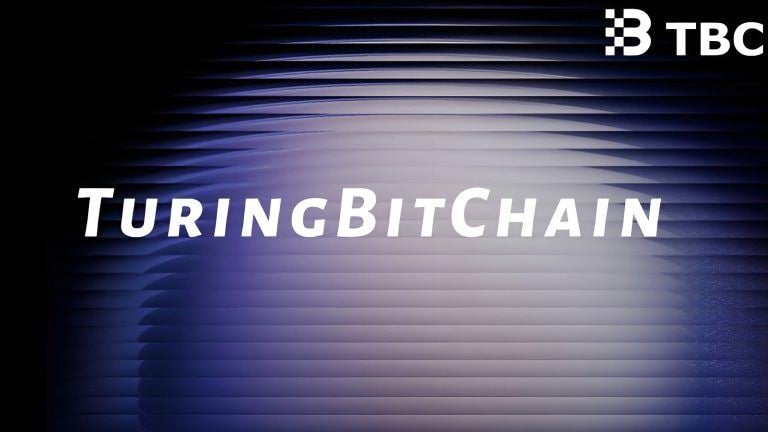



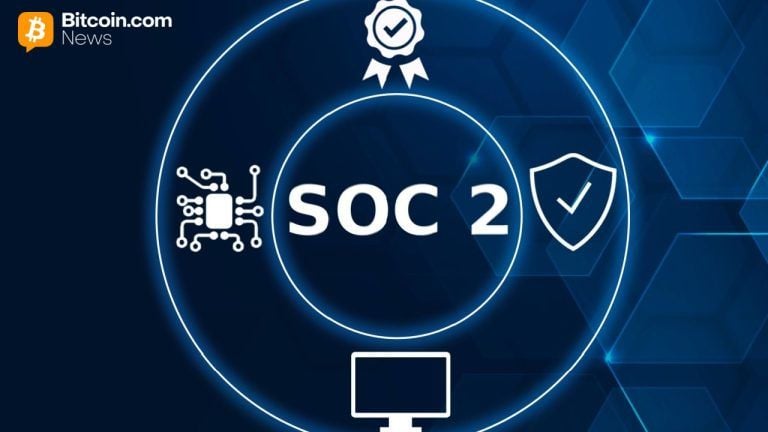

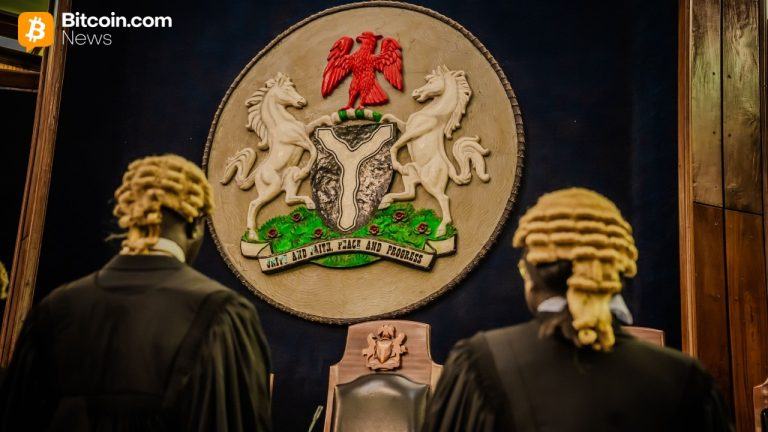








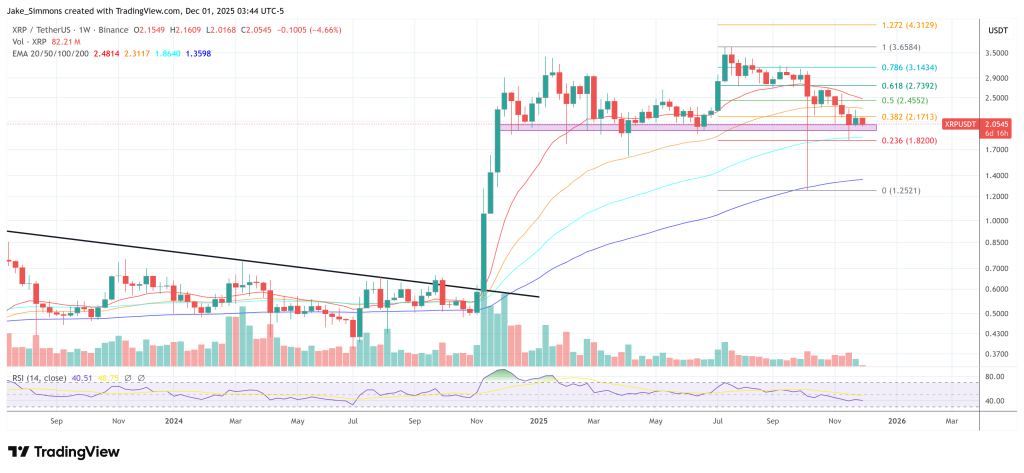
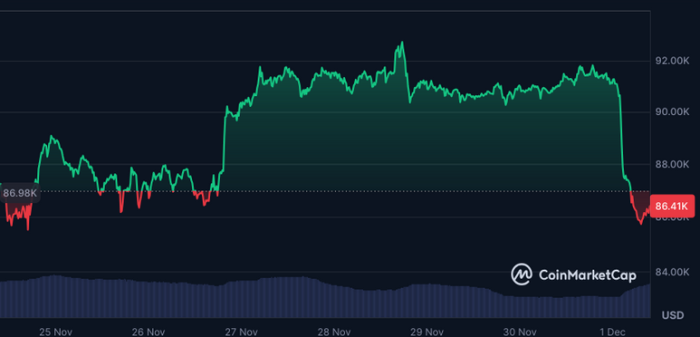


Comments